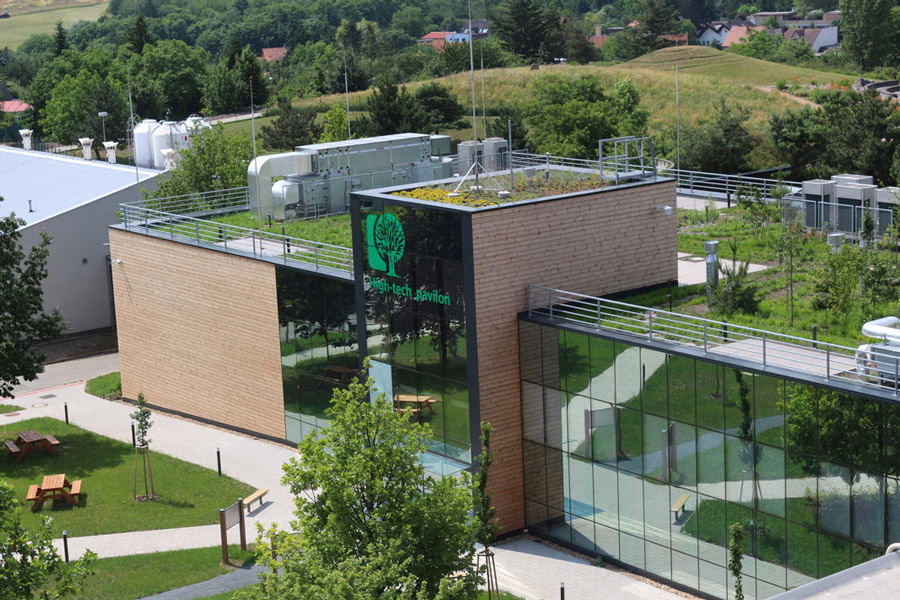Key preliminary findings from OptFORESTS Task 7.1 (Estimating quantitative value of selected ecosystem services related to forest genetic resources) were presented at the International IUFRO Conference of Research Group 4.05 (Managerial Economics and Accounting), held in Prague from 13 to 16 May 2025.
The short paper, “Valuing Forest Genetic Resources for Ecosystem Services: Expert-Based Insights for Future Management Practices, Policymaking, and Accounting Initiatives across Europe”, was presented in the High-Tech Pavilion of the Faculty of Forestry and Wood Sciences, Czech University of Life Sciences Prague.
The presentation focused on early results from a Delphi survey carried out as part of the EU-funded OptFORESTS project. The study engaged around 50 experts, including forest geneticists, ecologists, socio-ecologists, economists, and policymakers, from six European countries. Its objective is to assess the contribution of forest genetic resources (FGR) to ecosystem services (ES) in the context of climate change.
FGR, while recognised in biodiversity policy, remains largely overlooked in economic and forest accounting frameworks. This research aims to address that gap by evaluating the perceived impacts of FGR-related management practices on ecosystem services, as well as identifying key risks and opportunities under current policy and future-oriented Nature Futures Framework (NFF) scenarios.
The findings presented in Prague indicate divergence in expert opinions, especially along a North-South European gradient and across disciplinary backgrounds. Despite the structured Delphi approach designed to encourage convergence of views over successive rounds, differences remained evident. These include variations in how FGR is perceived in terms of its relevance for ecosystem service provision, as well as its integration into forest policy and accounting systems.
The results suggest several challenges in aligning science, policy, and economic valuation frameworks when it comes to the role of genetic diversity in forest ecosystems. Insights from this ongoing research will contribute to future recommendations for integrating FGR into European forest governance, management practices, and accounting mechanisms.
The final outcomes of the Delphi study will support the development of tools and approaches to better recognise and account for the role of genetic diversity in sustainable forest management.
